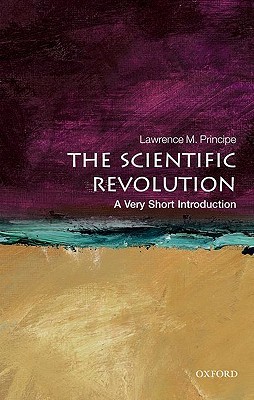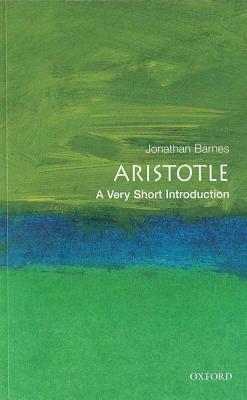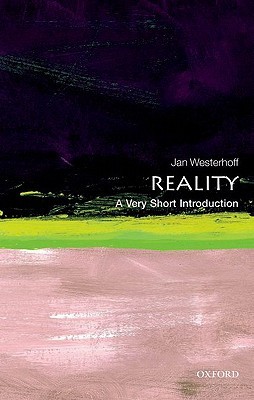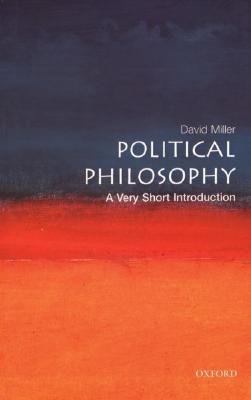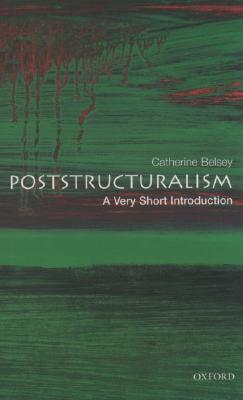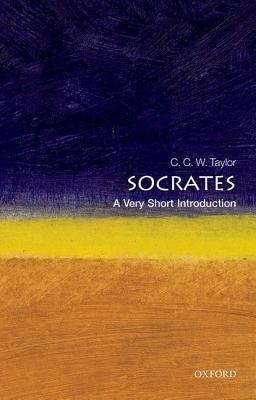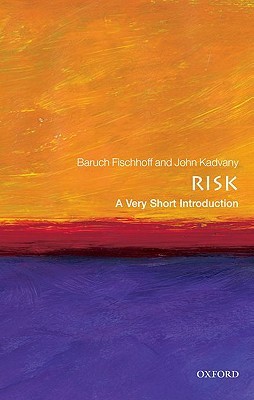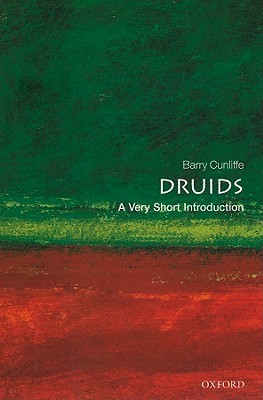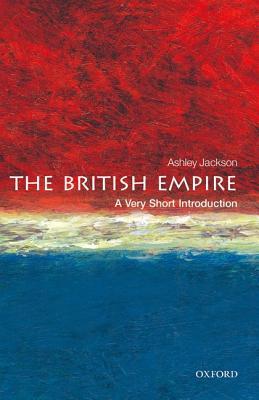The sixteenth and seventeenth centuries witnessed such fervent investigations of the natural world that the period has been called the "Scientific Revolution." New ideas and discoveries not only redefined what human beings believed, knew, and could...
Формат:
только полные версии
The influence of Aristotle, the prince of philosophers, on the intellectual history of the West is second to none. In this book, Jonathan Barnes examines Aristotle's scientific researches, his discoveries in logic and his metaphysical theories, his...
Is matter real? Are persons real? Is time real? This Very Short Introduction discusses what, if anything, is "real" by looking at a variety of arguments from philosophy, physics, and cognitive science. Jan Westerhoff shows that the question "what is...
This Very Short Introduction introduces readers to the key concepts of political philosophy: authority, democracy, freedom and its limits, justice, feminism, multiculturalism, and nationality. Accessibly written and assuming no previous knowledge of...
Schopenhauer is considered to be the most readable of German philosophers. This book gives a succinct explanation of his metaphysical system, concentrating on the original aspects of his thought, which inspired many artists and thinkers including...
Poststructuralism changes the way we understand the relations between human beings, their culture, and the world. Following a brief account of the historical relationship between structuralism and poststructuralism, this Very Short Introduction...
In this book, Christopher Taylor explores the relationship between the historical Socrates and the engaging and infuriating figure who appears in Plato's dialogues, and examines the enduring image of Socrates as the ideal exemplar of the philosophic...
We find risk everywhere - from genetically modified crops, medical malpractice, and stem-cell therapy to heartbreak, online predators, identity theft, inflation, and robbery. They arise from our own acts and they are imposed on us. In this Very...
The Druids have been known and discussed for at least 2400 years, first by Greek writers and later by the Romans, who came in contact with them in Gaul and Britain. According to these sources, they were a learned caste who officiated in religious...
From the eighteenth century until the 1950s, the British Empire was the largest and most far-flung political entity in the world, holding sway at one time over one fifth of the world's population. The territories forming this colossus ranged from...
